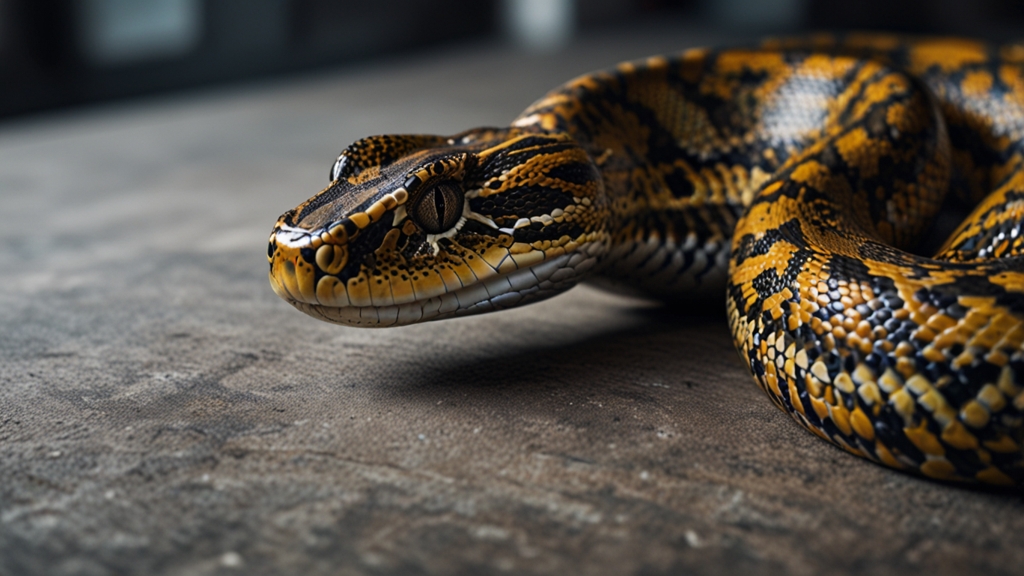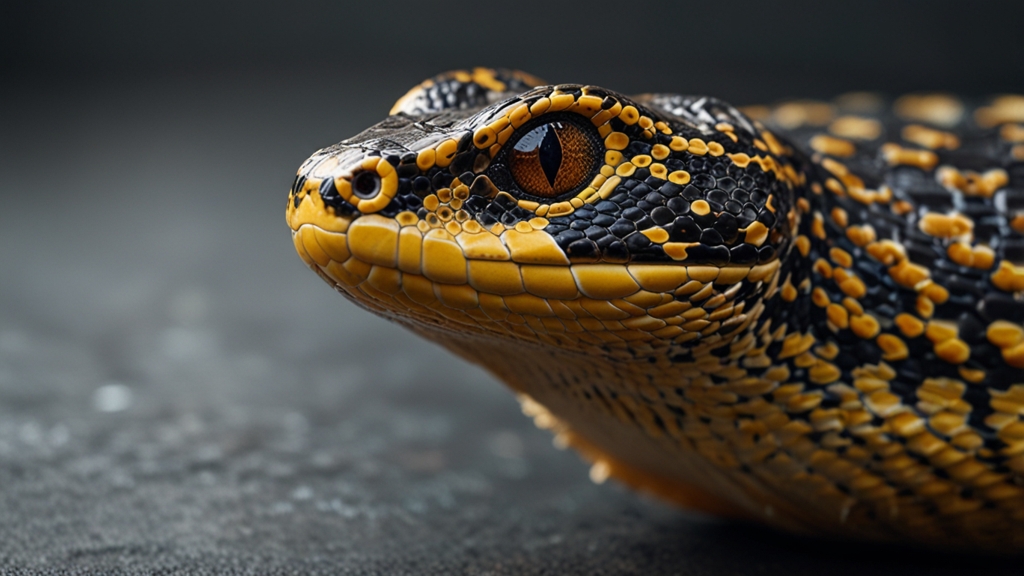Wildlife Warriors: Heroes Saving Endangered Species Worldwide
In a world where industrialization and urbanization have left indelible marks on the environment, a band of committed individuals, often known as wildlife warriors, are striving to protect and preserve endangered species. These heroes, armed with dedication and relentless passion, work tirelessly to ensure that vulnerable wildlife does not fade into oblivion.
Understanding the Crisis
Endangered species are those at risk of extinction due to a variety of factors, including habitat loss, poaching, climate change, and pollution. According to the International Union for Conservation of Nature (IUCN), over 30,000 species are currently threatened with extinction. The crisis is real, and the need for action is urgent.
Heroes on the Frontlines
Wildlife warriors come from various walks of life—they are biologists, conservationists, rangers, volunteers, and sometimes even everyday people making a significant difference. Here are some remarkable stories of these heroes making an impact:
"Saving one animal won't change the world, but it will change the world for that one animal."
— Anonymous
The Role of Biologists and Researchers
Researchers play a crucial role in understanding endangered species and developing strategies to protect them. For instance, Jane Goodall's pioneering work with chimpanzees has not only provided invaluable insights into their behavior and social structures but has also fueled global conservation efforts. Organizations like the World Wildlife Fund (WWF) continually conduct research to monitor species population and health, ensuring targeted and effective conservation interventions.
Conservationists and Their Unwavering Commitment
Conservationists are often at the heart of action plans to save endangered species. Gerald Durrell, a British naturalist, is celebrated for his extensive contributions to animal conservation through captive breeding programs. His legacy continues at the Durrell Wildlife Conservation Trust, which is dedicated to saving animals from extinction by providing sanctuary and reintroducing them into the wild.
"The future of wildlife is in our hands. If we unite our efforts, care for the diverse creatures with which we share our planet, we can create a living legacy for generations to come."
— Gerald Durrell
Rangers: Guardians of the Wild
In regions rife with poaching, wildlife rangers are the unsung heroes. Africa’s rhino rangers, for example, risk their lives daily to protect rhinos from poachers hunting for their horns. Anti-poaching units such as the Black Mambas, an all-female ranger group in South Africa, have garnered admiration and respect for their effectiveness and dedication.
Community Involvement and Grassroots Movements
Local communities are often the key to successful wildlife conservation. In Nepal, community forest user groups have played a pivotal role in protecting the habitat of the one-horned rhinoceros, leading to their remarkable population recovery. Similarly, grassroots movements in the Brazilian Amazon are crucial for the conservation of the jaguar and its ecosystem.
The Power of Education and Advocacy
Education and advocacy are powerful tools in the arsenal of wildlife warriors. The David Sheldrick Wildlife Trust, for example, not only rehabilitates orphaned elephants but also educates the public about the threats facing these majestic creatures. Awareness campaigns and eco-tourism initiatives provide economic incentives for local communities to participate in and support conservation efforts.
The Road Ahead
The road to saving endangered species is fraught with challenges, but the collective efforts of wildlife warriors worldwide offer a beacon of hope. Whether through scientific research, direct action in the field, community engagement, or education and advocacy, these heroes demonstrate that with commitment and collaboration, we can make a significant impact.
It is a global responsibility to support these wildlife warriors in their mission. By raising awareness, contributing to conservation programs, and advocating for strong environmental policies, we can all play a part in ensuring that endangered species not only survive but thrive for generations to come.















